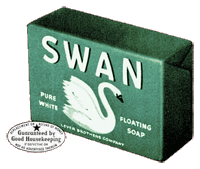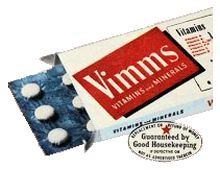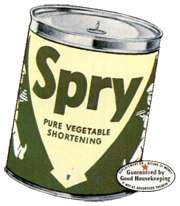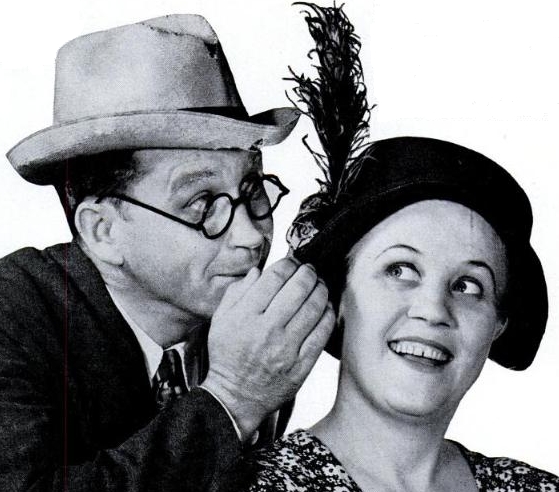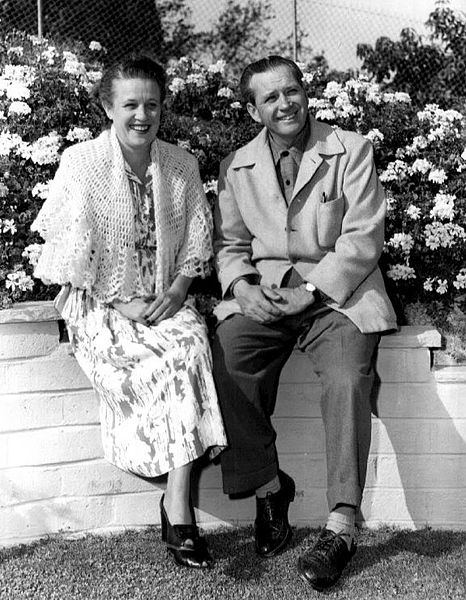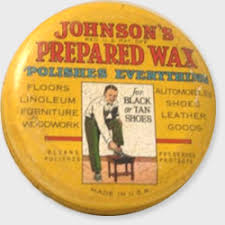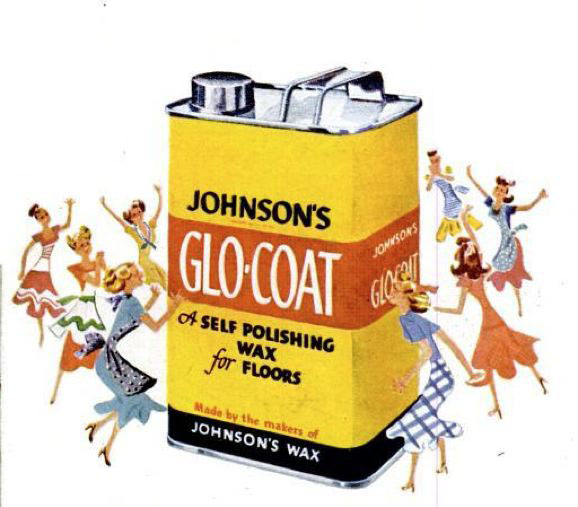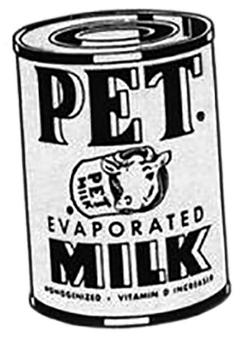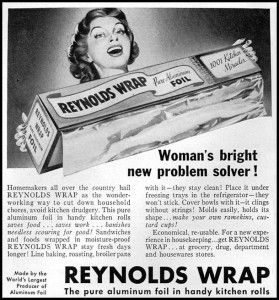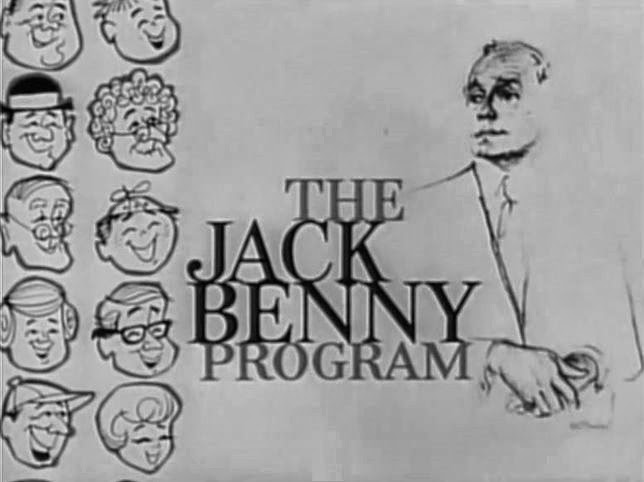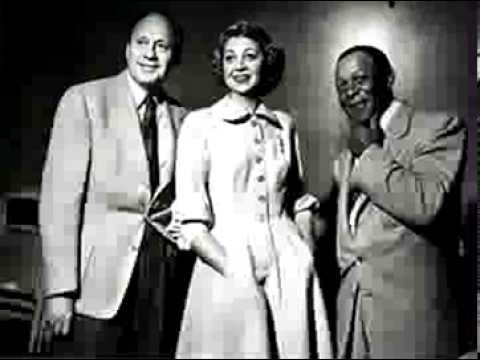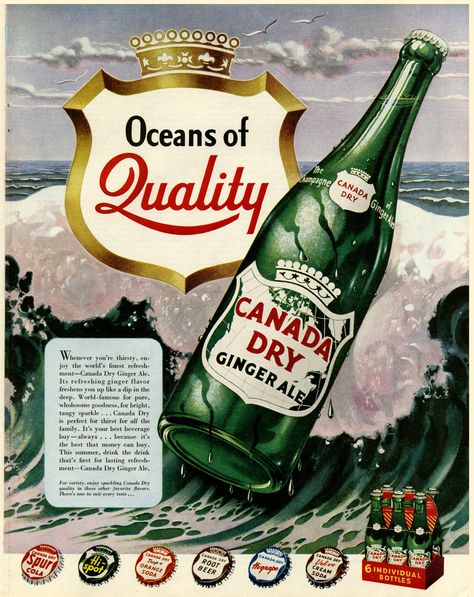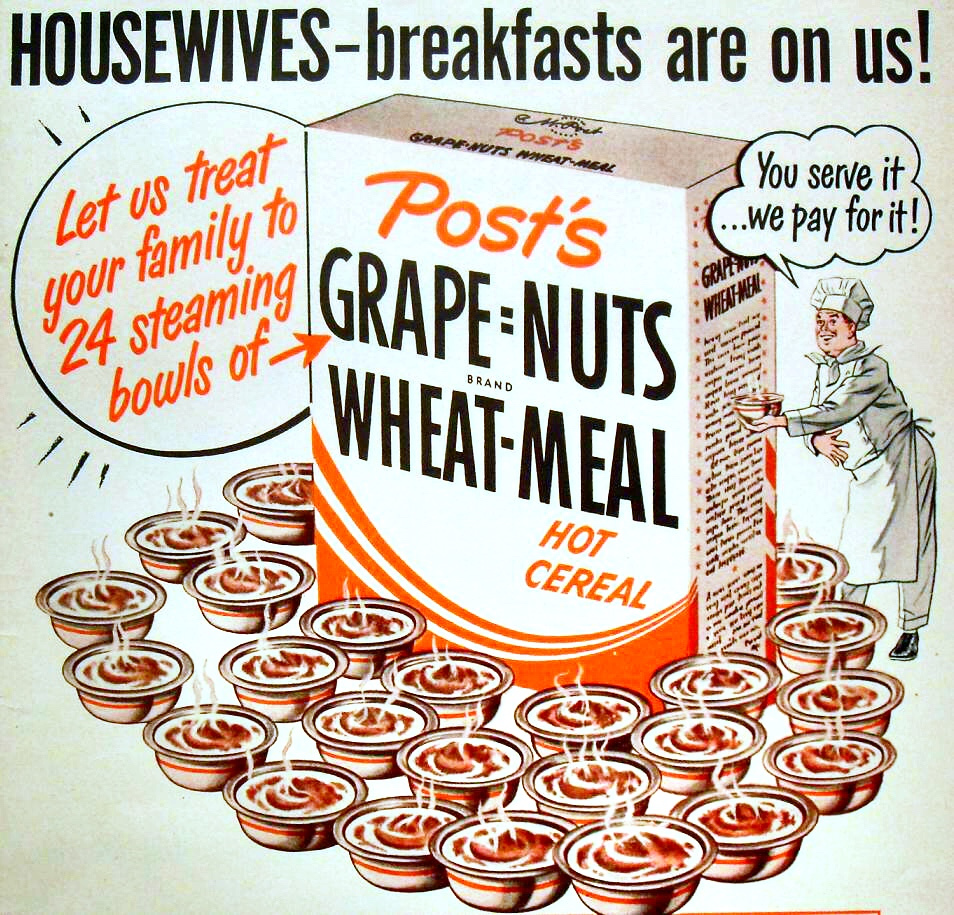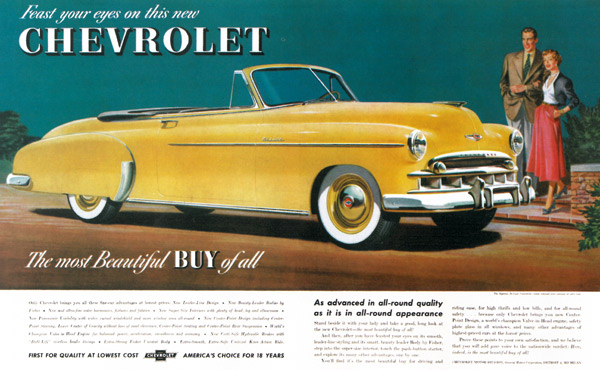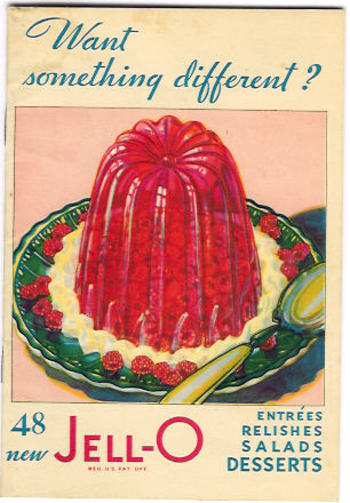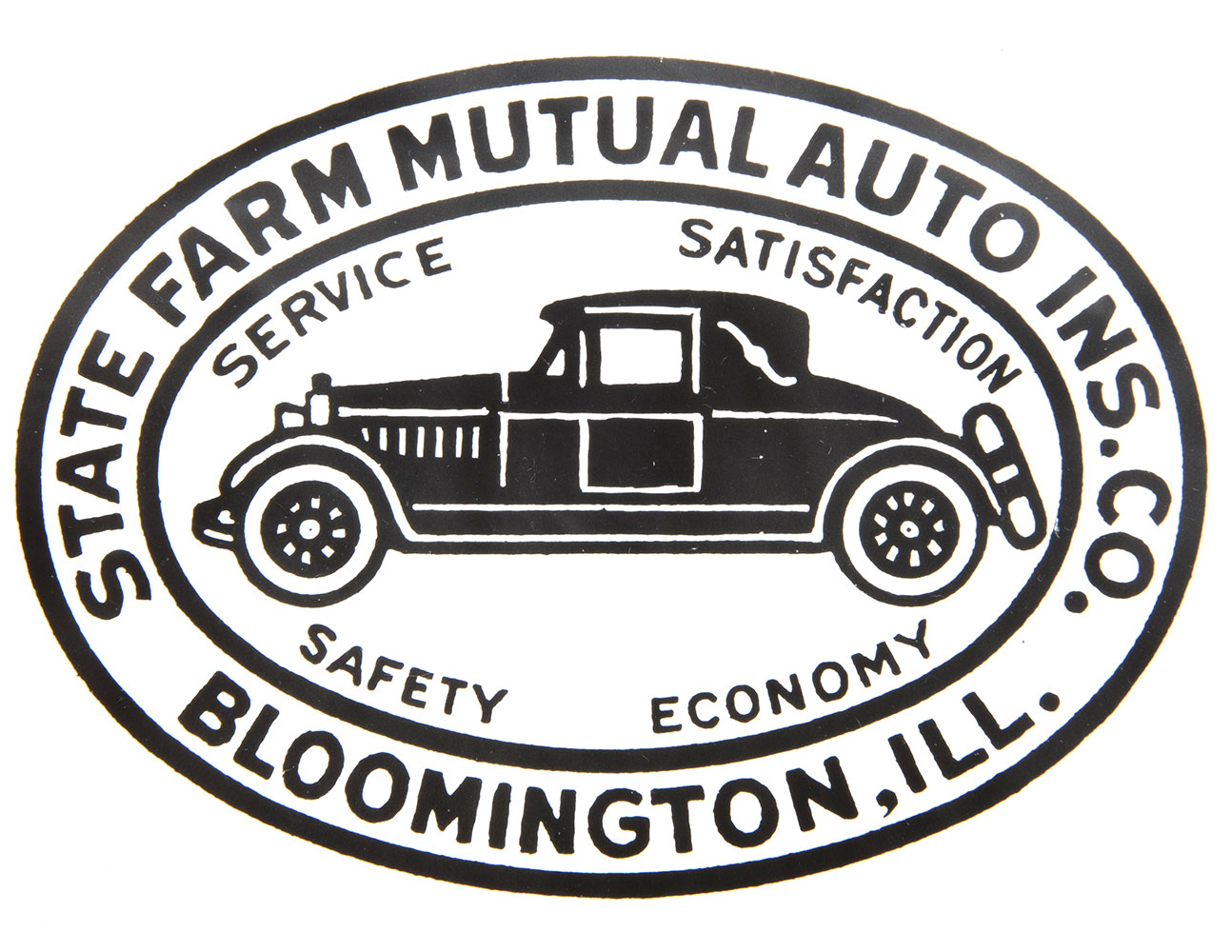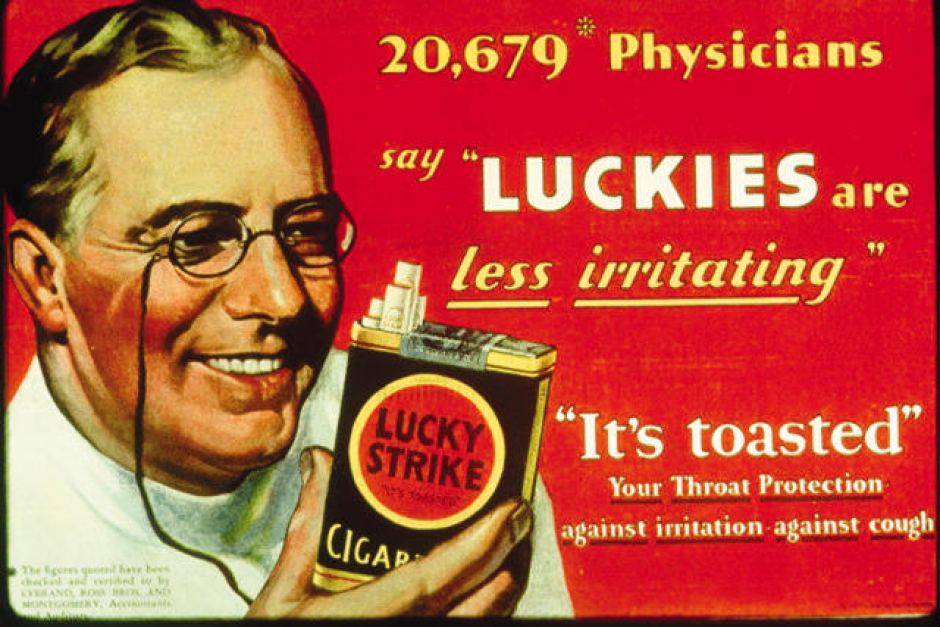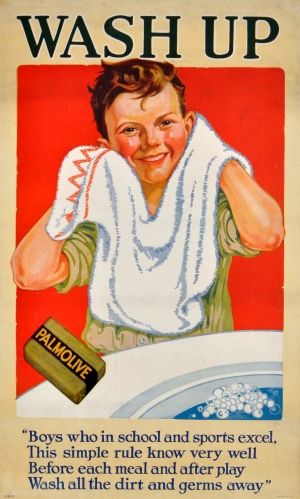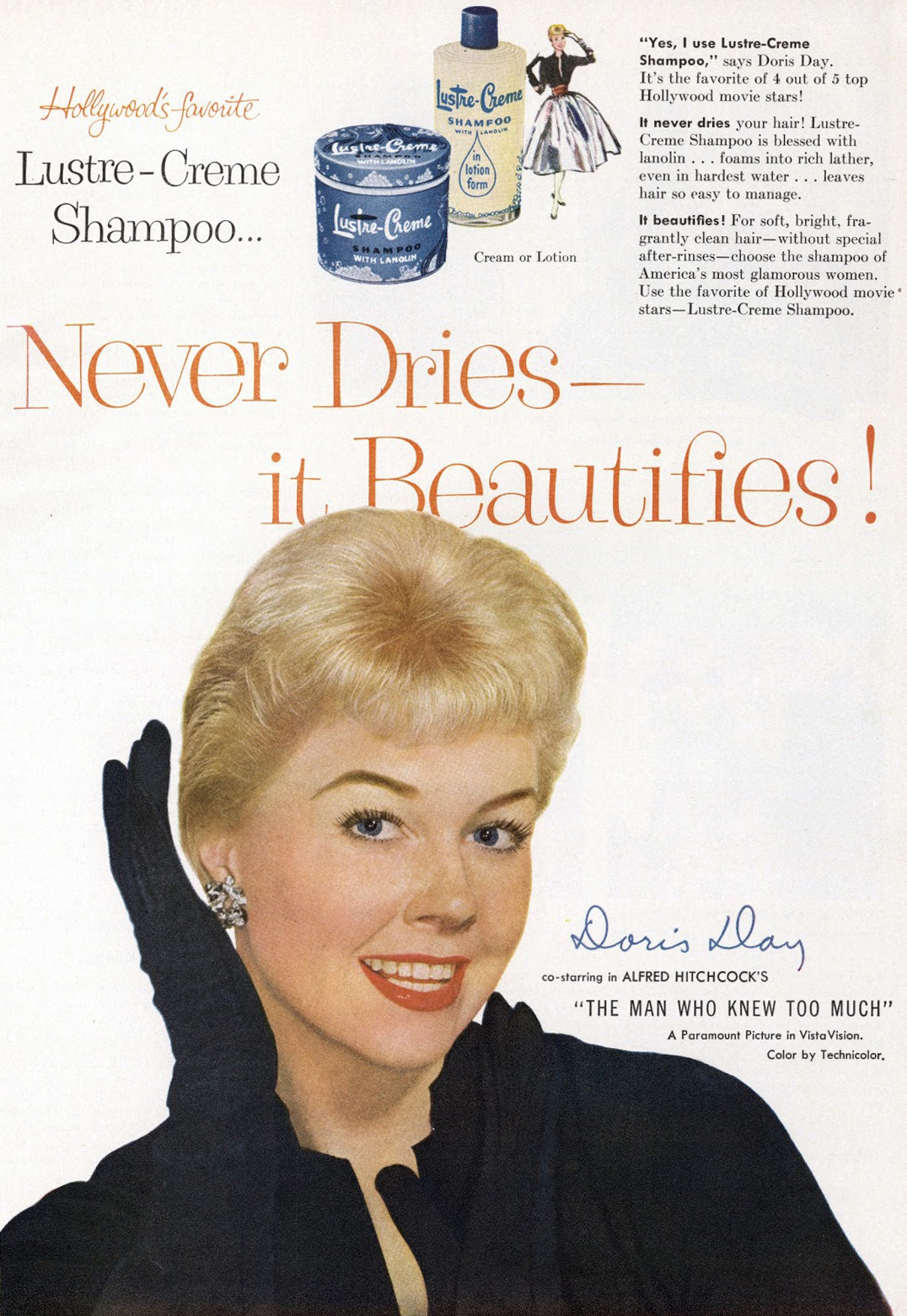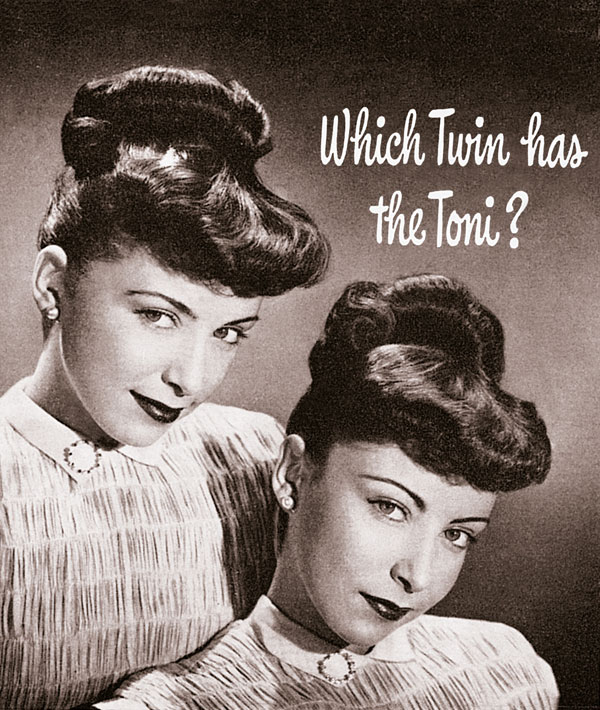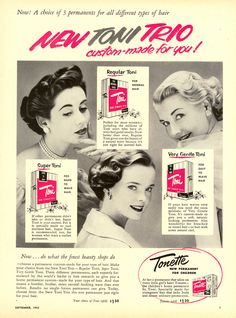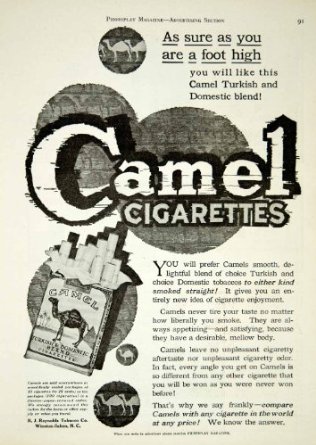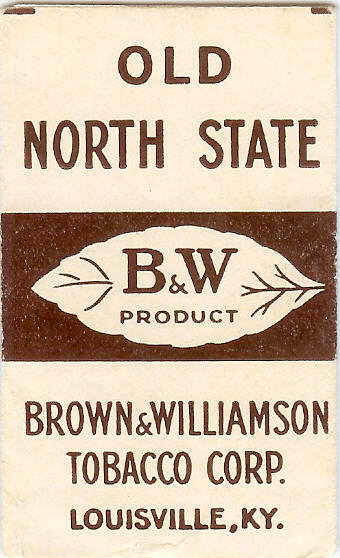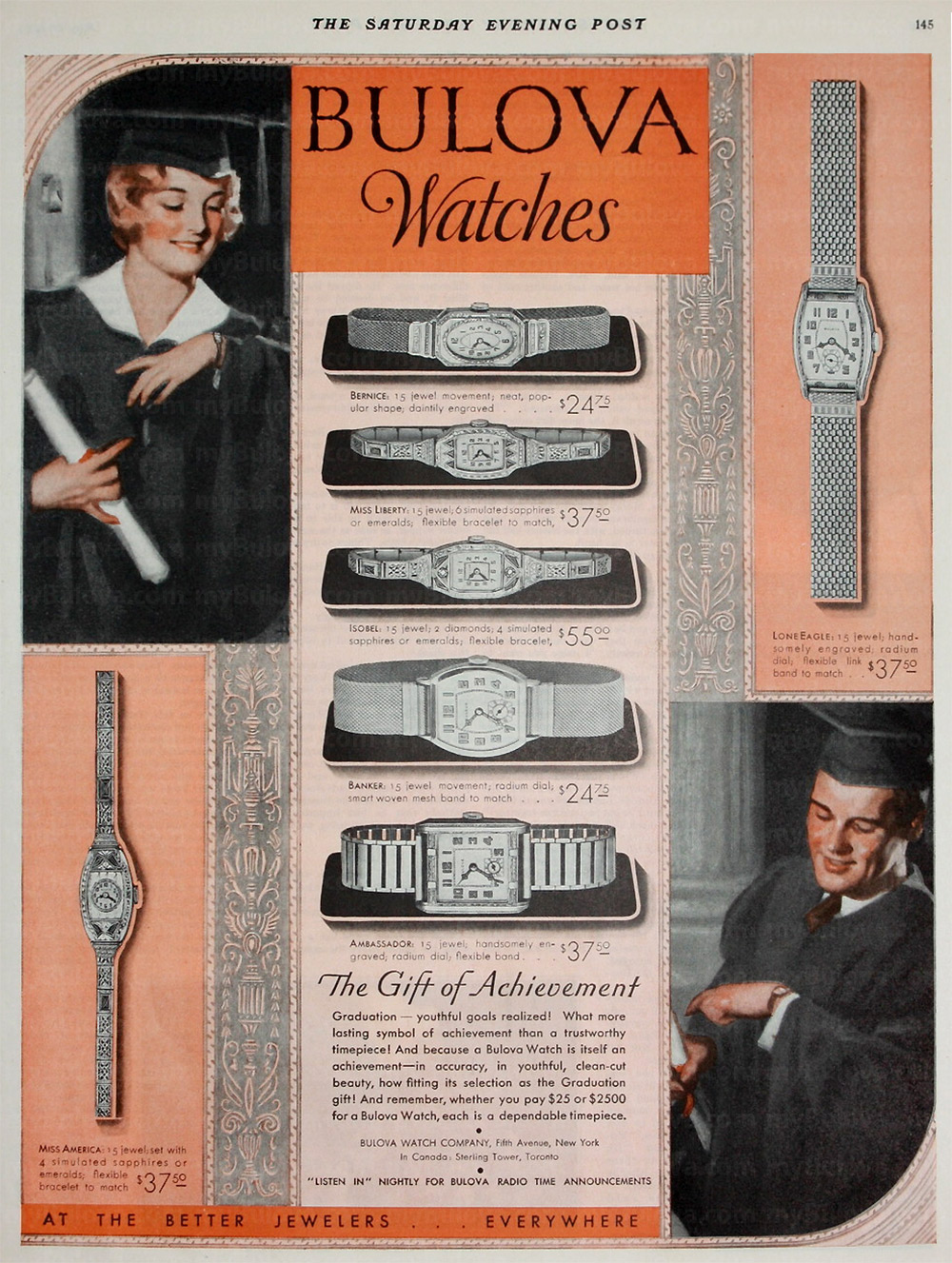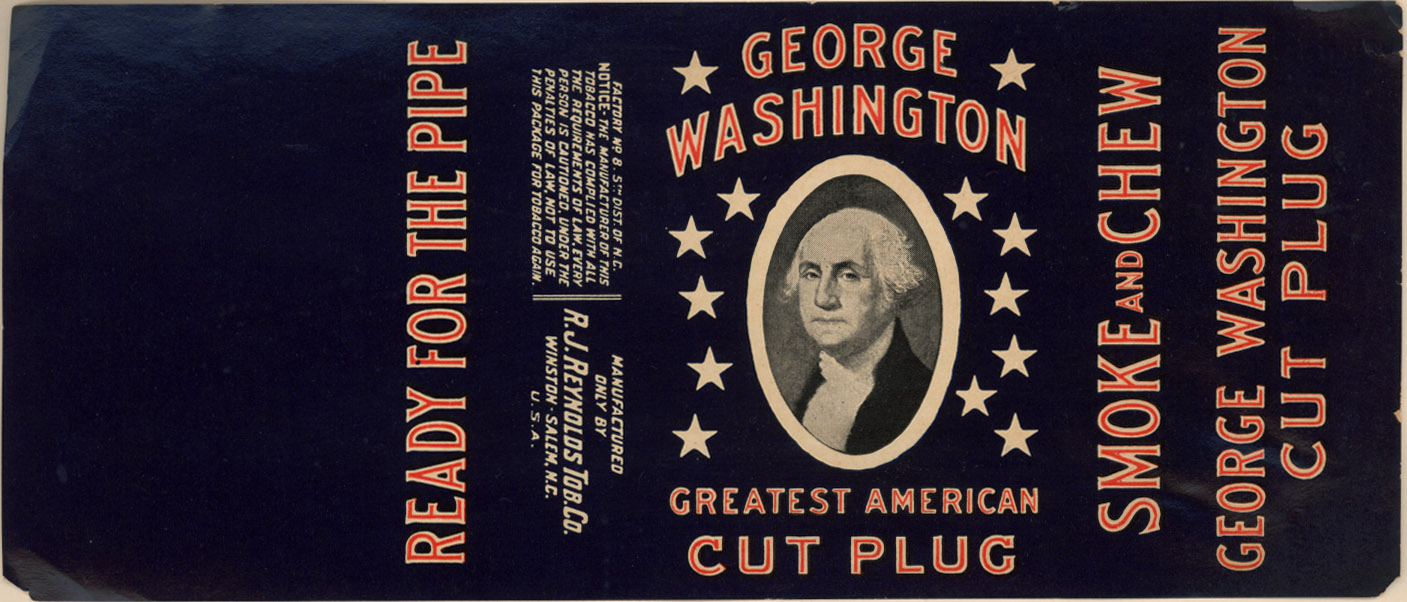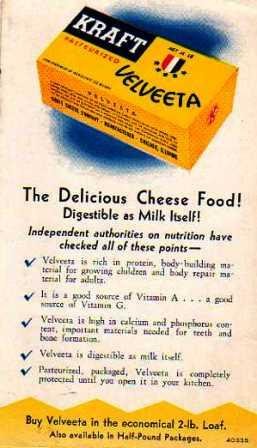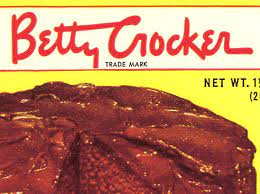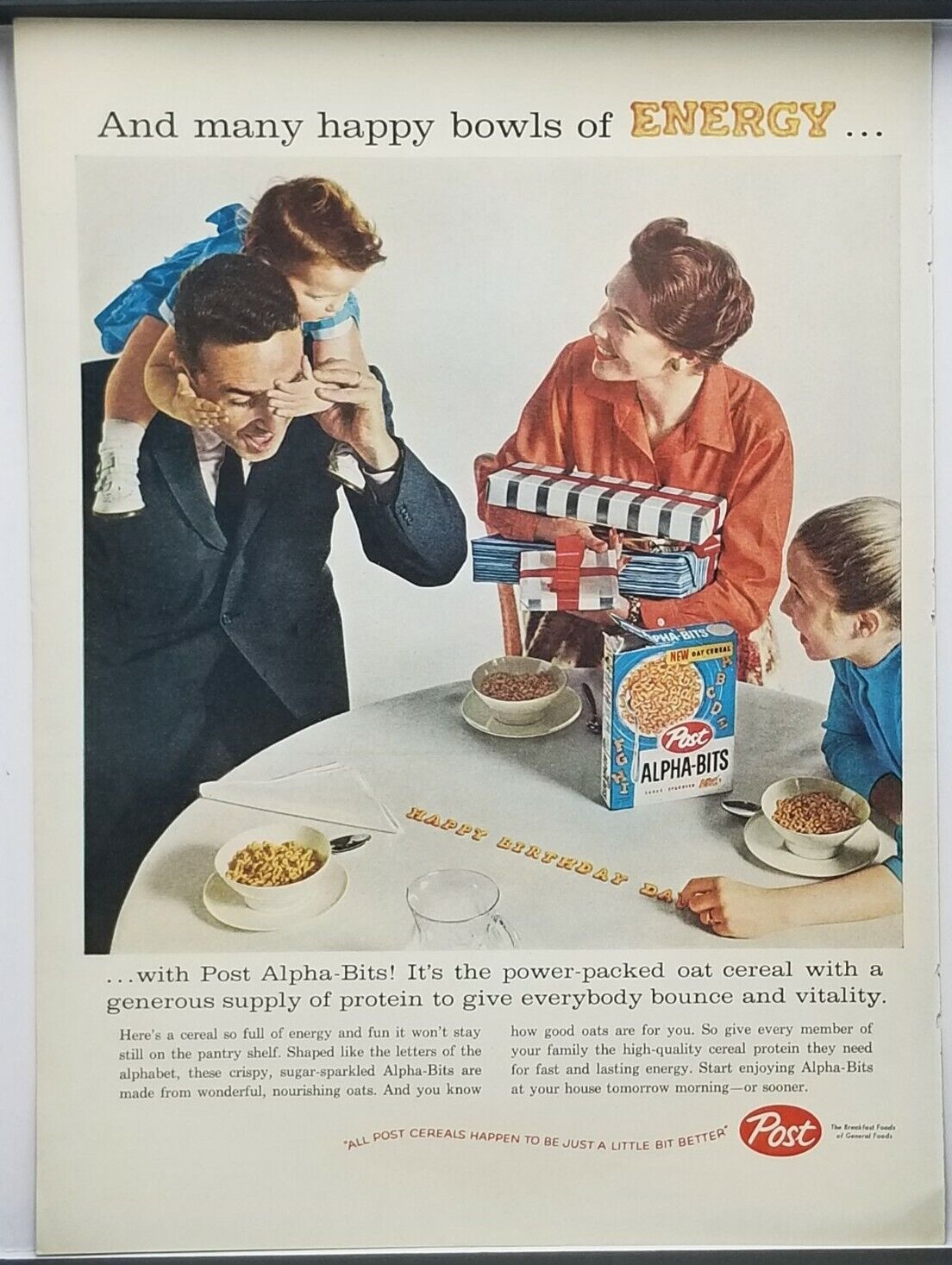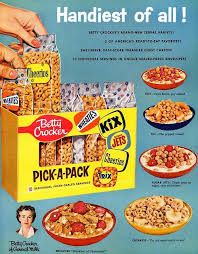Old Time Radio 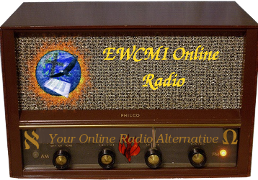
What happened to those great old time radio programs from yesteryear?
You will find them on Eagle Wings Online Radio.
Twice a day we will broadcast one those great old time radio shows from over 60 years ago, they where the heydays of Radio and money was no object.
Full size orchestras, great casts and great writers.
Advertisements where woven into the programs and not always as obvious as they are in our current days.
Advertisements we do not endorse or underwrite, but we would not want to destroy the flow of the programs by cutting them all out, as we are mature enough to know what is good for us and what is not.
Show include Red Skelton, Our Miss Brooks, The Great Gildersleeve, Amos and Andy, Father Knows Best and much more.
Look for the newsletters with information on the individual shows.
Around Christmas time, meaning after Christmas it will all change as we will only focus on the Christmas shows.
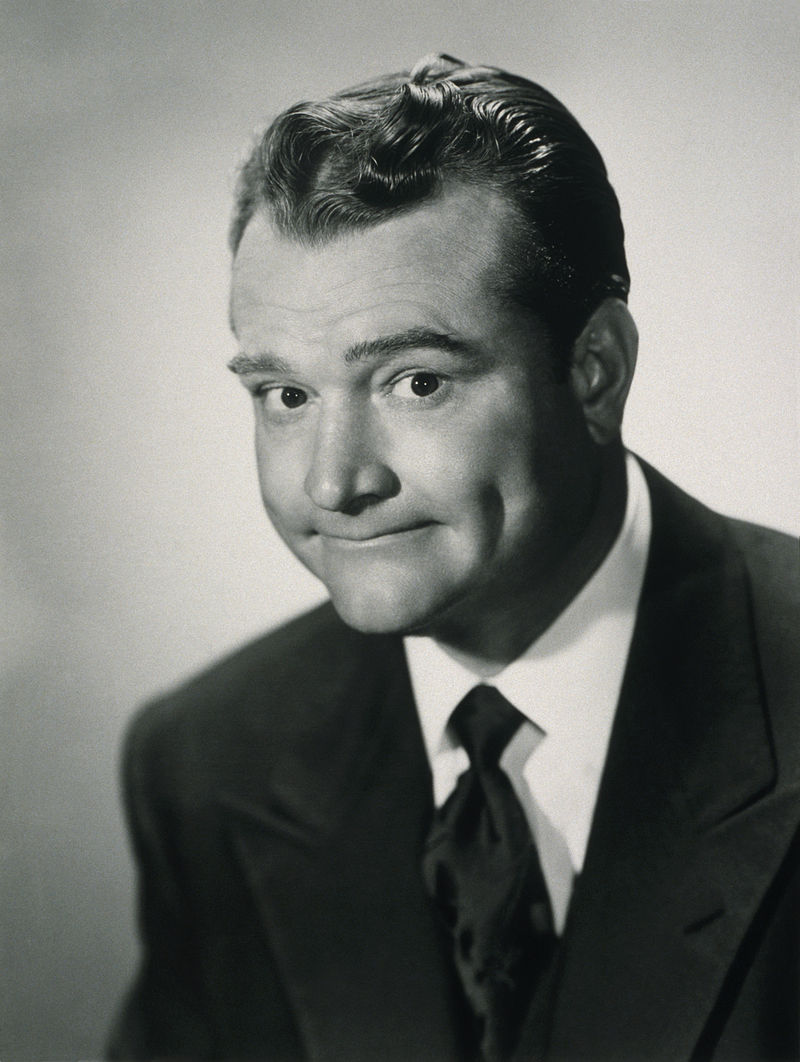 Comedian Red Skelton 1960
Comedian Red Skelton 1960
Public Domain 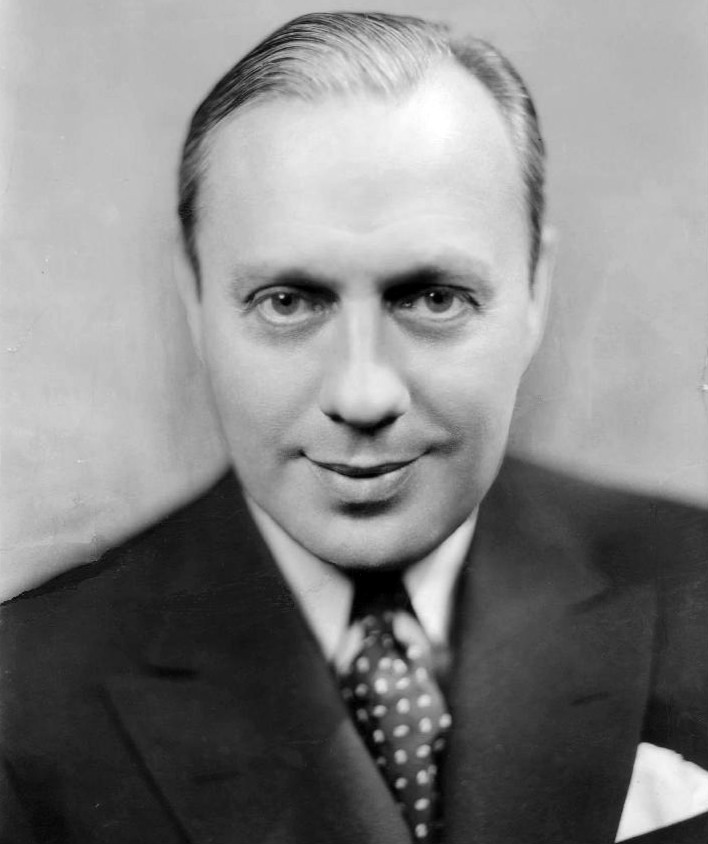 Jack Benny 1933 Public Domain
Jack Benny 1933 Public Domain 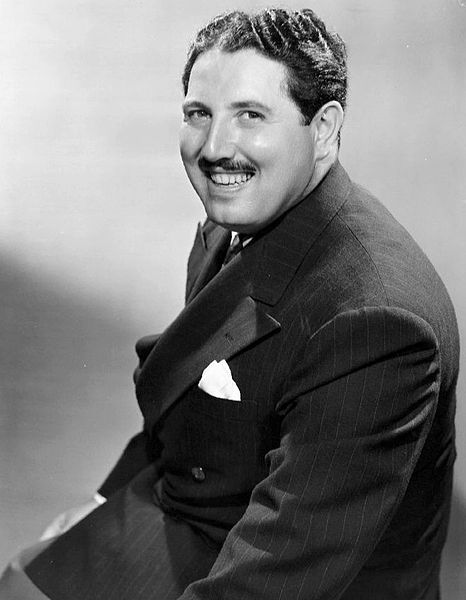
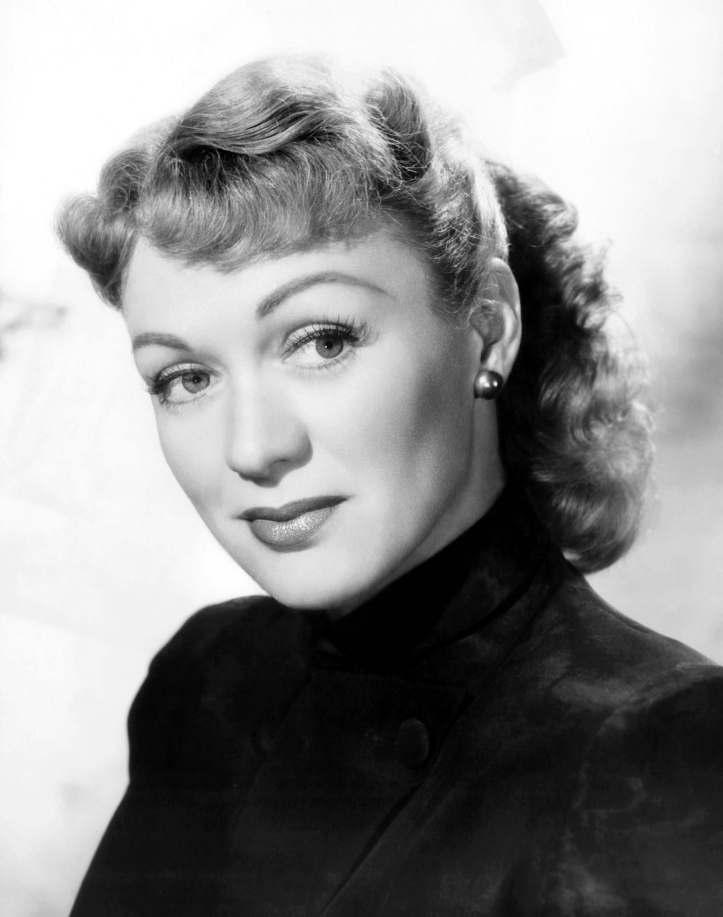 Eve Arden as our miss brooks Public Domain
Eve Arden as our miss brooks Public Domain
Studio Publicity, Public domain, via Wikimedia Commons
Advertisement disclaimer
Old Time Radio Shows contain endorsements and advertisements from yesteryear companies who might still be in business.
Eagle Wings Online Radio
DOES NOT receive Has Not and Will Not receive any financial gain from the Old Time Radio shows.
Eagle Wings Online Radio
DOES NOT necessarily support, underwrite, or agree with the included endorsements and advertisements from the Old Time Radio shows..
The Old Time Radio programs are presented to you for your entertainment only as an alternative to what is broadcasted in our current day, and are available in the public domain.
Burns and Allen
General InfoBurns and Allen was an American comedy duo consisting of George Burns and his wife, Gracie Allen. They worked together as a successful comedy team that entertained vaudeville, film, radio, and television audiences for over forty years.The duo met in 1922 and married in 1926. Burns was the straight man and Allen was a silly, addle-headed woman. The duo starred in a number of movies including Lambchops (1929), The Big Broadcast (1932) and two sequels in 1935 and 1936, and A Damsel in Distress (1937). Their 30-minute radio show debuted in September 1934 as The Adventures of Gracie, whose title changed to The Burns and Allen Show in 1936; the series ran, moving back and forth between NBC and CBS, until May 1950. After their radio show's cancellation, Burns and Allen reemerged on television with a popular situation comedy, which ran from 1950 to 1958. Burns and Allen's radio show was inducted into the National Radio Hall of Fame in 1994. |
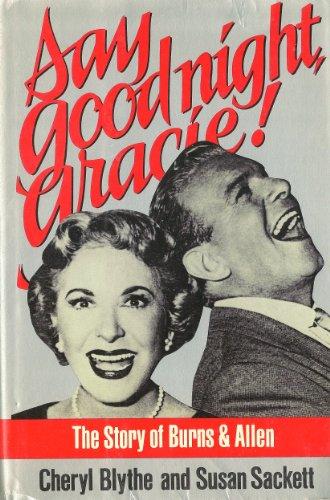 |
|
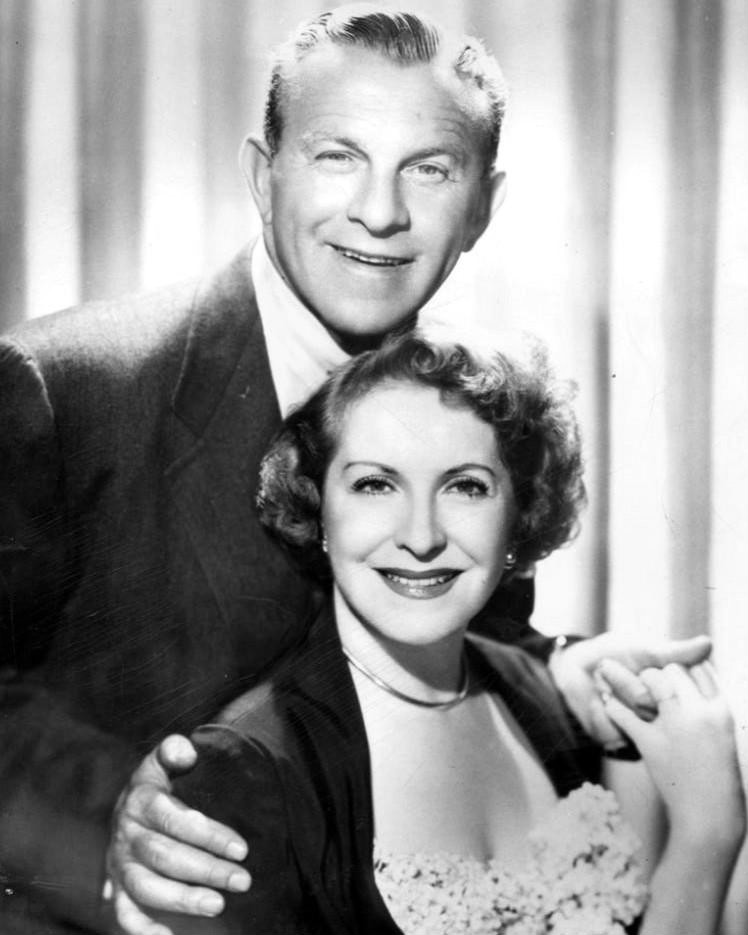 George Burns and Gracie Allen 1952 General Public Domain George Burns and Gracie Allen 1952 General Public Domain |
Main CharactersGeorge Burns (born Nathan Birnbaum; January 20, 1896 – March 9, 1996) was an American comedian, actor, singer, and writer. He was one of the few entertainers whose career successfully spanned vaudeville, radio, film and television. His arched eyebrow and cigar-smoke punctuation became familiar trademarks for over three quarters of a century. He and his wife, Gracie Allen, appeared on radio, television, and film as the comedy duo Burns and Allen. When Burns was 79, he had a sudden career revival as an amiable, beloved and unusually active comedy elder statesman in the 1975 film The Sunshine Boys, for which he won the Academy Award for Best Supporting Actor. Burns, who became a centenarian in 1996, continued to work until just weeks before his death of cardiac arrest at his home in Beverly Hills. Grace Ethel Cecile Rosalie Allen (July 26, 1895[1][2] – August 27, 1964) was an American comedian who became internationally famous as the zany partner and comic foil of husband George Burns, her straight man. Depending on the source, Allen is alleged to have been born on July 26 in 1895, 1896, 1902 or 1906. All public records held by the City and County of San Francisco were destroyed in the earthquake and great fire of April 1906. Her husband, George Burns, also professed not to know exactly how old she was, though it was presumably he who provided the date July 26, 1902, which appears on her death record. Her crypt marker also shows her year of birth as 1902.[7] |
|
Advertisers
|
||
Father Knows Best
General Info :Father Knows Best is an American sitcom starring Robert Young, Jane Wyatt, Elinor Donahue, Billy Gray, and Lauren Chapin. The series, which first began on radio in 1949, aired for six seasons with a total of 203 episodes. The series debuted on CBS in October 1954. It ran for one season and was canceled the following year. NBC picked up the series where it remained for three seasons. After a second cancellation in 1958, CBS picked up the series yet again where it aired until May 1960.Created by Ed James, Father Knows Best follows the lives of the Andersons, a middle class family living in the Midwestern town of Springfield.[1] The series began August 25, 1949, on NBC Radio. Set in the Midwest, it starred Robert Young as the General Insurance agent Jim Anderson. His wife Margaret was first portrayed by June Whitley and later by Jean Vander Pyl. The Anderson children were Betty (Rhoda Williams), Bud (Ted Donaldson), and Kathy (Norma Jean Nilsson). Others in the cast were Eleanor Audley, Herb Vigran and Sam Edwards. Sponsored through most of its run by General Foods, the series was heard Thursday evenings on NBC until March 25, 1954. |
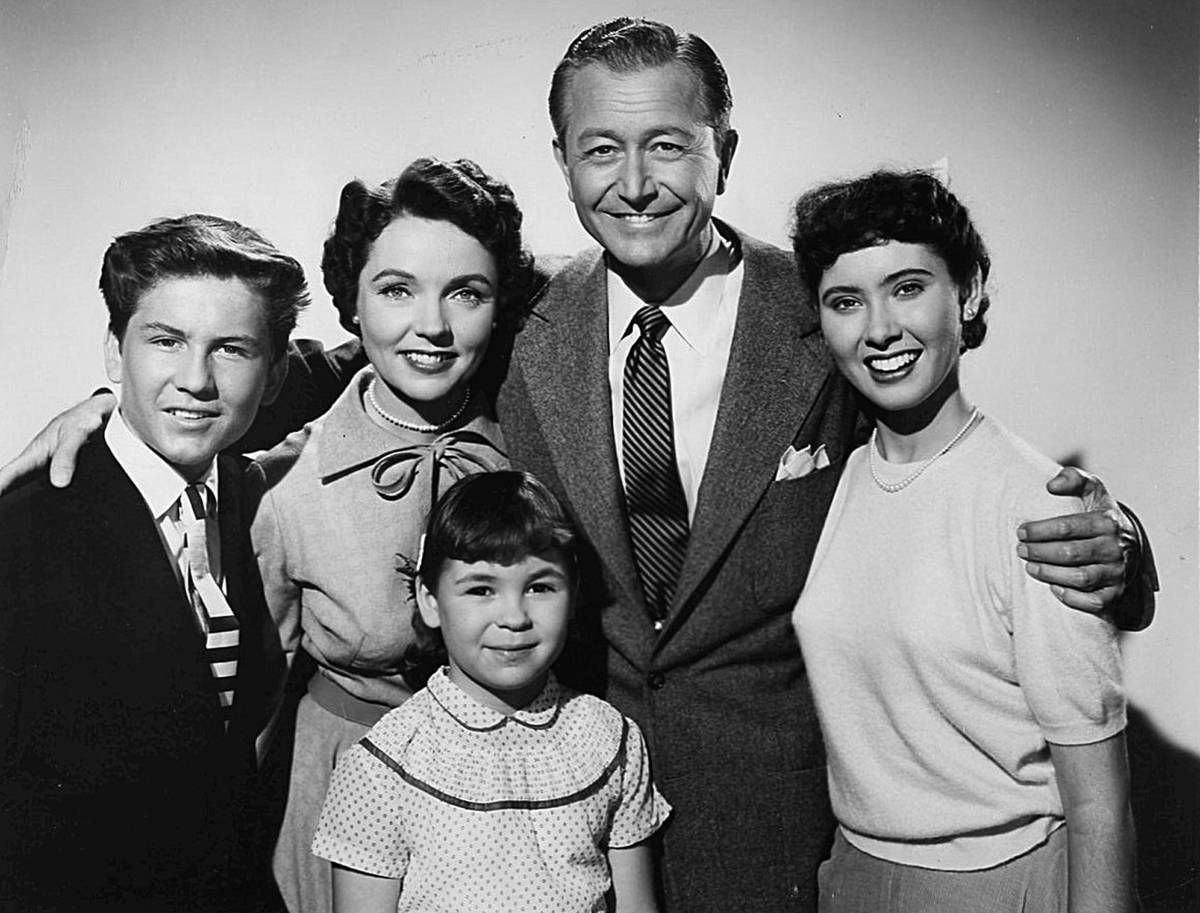 Father Knows Best cast 1954 Father Knows Best cast 1954 Bureau of Industrial Service. This division of ad agency Young & Rubicam distributed publicity material for many in the television industry., Public domain, via Wikimedia Commons |
|
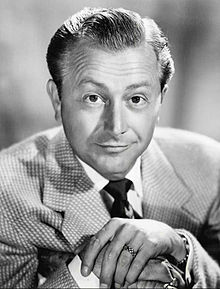 Robert Young 1957 Robert Young 1957 NBC Television, Public domain, via Wikimedia Commons 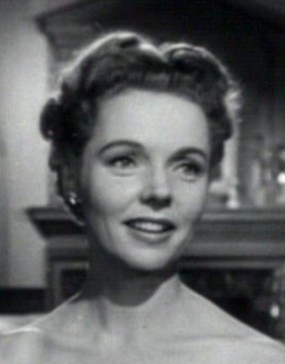 Jane Wyatt Jane WyattPublic Domain, via Wikimedia Commons |
Main CharactersRobert George Young (February 22, 1907 - July 21, 1998) was an American television, film, and radio actor, best known for his leading roles as Jim Anderson, the father character in Father Knows Best (CBS, then NBC, then CBS again), and the physician Marcus Welby in Marcus Welby, M.D. (ABC).Born in Chicago, Young was the son of an Irish immigrant father, Thomas E. Young, and an American mother, Margaret Fyfe. When Young was young, the family moved to different locations within the U.S.: Seattle, followed by Los Angeles, where Young became a student at Abraham Lincoln High School. After graduation, he studied and performed at the Pasadena Playhouse while working at odd jobs and appearing in bit parts in silent films. While touring with a stock company producing The Ship, Young was discovered by a Metro-Goldwyn-Mayer talent scout with whom he subsequently signed a contract. Young made his sound film debut for MGM in the 1931 Charlie Chan film, Black Camel.[1] Jane Waddington Wyatt (August 12, 1910 – October 20, 2006) was an American actress. She starred in a number of Hollywood films, but is likely best known for her role as the housewife and mother Margaret Anderson on the CBS and NBC television comedy series, Father Knows Best, and as Amanda Grayson, the human mother of Spock on the science-fiction television series Star Trek. Wyatt was a three-time Emmy Award-winner. Jane Waddington Wyatt was born on August 12, 1910, in Mahwah, New Jersey, but raised in Manhattan. Her father, Christopher Billopp Wyatt, Jr., was a Wall Street investment banker, and her mother, the former Euphemia Van Rensselaer Waddington,[1] was a drama critic for the Catholic World. Both of her parents were Roman Catholic converts. Wyatt had two sisters and a brother.[1] |
|
Advertisers :
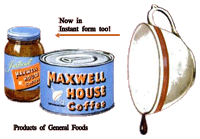  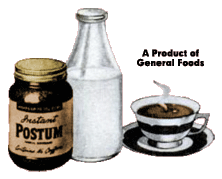 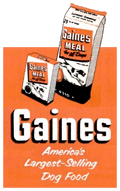 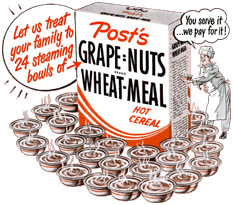  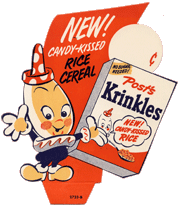 |
||
Fiber McGee and Molly
| Fibber McGee and Molly was an American radio comedy series. A staple of the NBC Red Network for the show's entire run and one of the most popular and enduring radio series of its time, the prime time situation comedy or it's time. There are people who would argue that Fibber McGee and Molly were the Golden Age of radio. This is partly because of the show's very long (1935-1959) and successful run. But more than just staying power, the show showcased terrific comic and musical talent. Throughout its run, the show was a reflection of its time in the American scene. The stars of the program were real-life husband and wife team James "Jim" Jordan (16 November 1896 – 1 April 1988)[1][2] and Marian Driscoll (15 April 1898 – 7 April 1961),[1][3] who were natives of Peoria, Illinois. Jordan was the seventh of eight children born to James Edward Jordan and Mary (née Tighe) Jordan, while Driscoll was the twelfth out of thirteen children born to Daniel P. and Anna (née Carroll) Driscoll. The son of a farmer, Jim wanted to be a singer; Marian, the daughter of a coal miner, wanted to be a music teacher. Both attended the same Catholic church, where they met at choir practice. Marian's parents had attempted to discourage her professional singing and acting aspirations. When she started seeing young Jim Jordan, the Driscolls were far from approving of Jim and his ideas. Jim's voice teacher gave him a recommendation for work as a professional in Chicago, and he followed it. He was able to have steady work but soon tired of the life on the road. In less than a year, Jim came back to Peoria and went to work for the Post Office. His occupation was now acceptable to Marian's parents, and they stopped objecting to the couple's marriage plans. The pair were married in Peoria on August 31, 1918.[4] The title characters were created and portrayed by Jim and Marian Jordan, a real-life husband and wife team that had been working in radio since the 1920s. Fibber McGee and Molly, which followed up the Jordans' previous radio sitcom Smackout, followed the adventures of a working-class couple, the habitual storyteller Fibber McGee and his sometimes terse but always loving wife Molly, living among their numerous neighbors and acquaintances in the community of Wistful Vista. As with most radio comedies of the era, Fibber McGee and Molly featured an announcer, house band and vocal quartet for interludes. At the peak of the show's success in the 1940s, it was adapted into a string of feature films; a 1959 attempt to adapt the series to television with a different cast and new writers was both a critical and commercial failure, which, coupled with Marian Jordan's death shortly thereafter, brought the series to an end. Living in the fictional Midwestern city of Wistful Vista, Fibber was an American teller of tall tales and a braggart, usually to the exasperation of his long suffering wife Molly. Life in Wistful Vista followed a well developed formula, but was always fresh. Fibber's weekly schemes would be interrupted, inspired by, and often played upon the People of Wistful Vista, a set of regular players and characters that were as beloved as the stars of the program. The program used a series of running gags that would become part of the common language, many treasures can be found in the Closet at 79 Wistful Vista. The show began as a comic reflection of Depression Era America, but as time went on and the shadows of war came over the nation, the show again caught the mood of the country. WWII was fought on the Home front on Wistful Vista as surely as anywhere else in America, but here they had the benefit of Fibber's somewhat addled perspective. |
|
|||
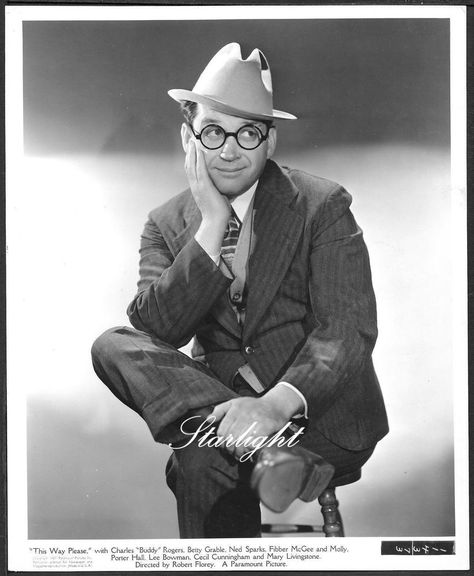 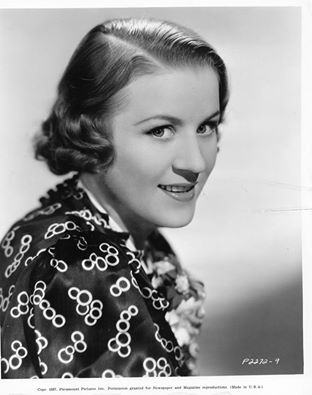 |
James Edward Jordan (November 16, 1896 – April 1, 1988)[1] was the American actor who played Fibber McGee in Fibber McGee and Molly and voiced the albatross Orville in Disney's The Rescuers (1977). Jordan was born in 1896 on a farm near Peoria, Illinois. He attended St. John's Church in Peoria, and his family eventually sold the farm and moved into Peoria. It was at church choir practice that he met Marian Driscoll. Jim Jordan went on the vaudeville circuit, both as a solo act and with his wife, Marian, at various times until 1924. They went entirely broke in 1923, having to be wired money by their parents to get back to Peoria from Lincoln, Illinois.[2]:247 Marian Jordan died in April 1961.[1][2]:252 Jim Jordan married Gretchen Stewart (1909-1998), the widow of radio comic Harry Stewart (Yogi Yorgesson) in 1962; they remained married for the rest of his life,[1] and he remained in semi-retirement.[2]:252 In 1988, he died at the age of 91 in Los Angeles from a blood clot in his brain, caused by a fall at his home.[3] He is buried next to Marian Jordan in the Saint Ann section of Holy Cross Cemetery, Culver City, and is next to the plot of Sharon Tate.[1] Marian Irene Driscoll Jordan (April 15, 1898 – April 7, 1961) was an American actress and radio personality. She was most remembered for portraying the role of Molly McGee, the patient, common sense, honey-natured wife of Fibber McGee. Jordan was born Marian Irene Driscoll on April 15, 1898 in Peoria, Illinois. She was the twelfth of thirteen children born unto parents Daniel P. Driscoll, (January 10, 1858 – March 25, 1916) and Anna Driscoll (née Carroll), (February 28, 1858 – April 28, 1928).[2] Driscoll's paternal great-grandfather, Michael Driscoll, Sr. (1793–1849), immigrated with his wife and children from his hometown of Baltimore, County Cork, Ireland in 1836 to the Boston area and then to Bureau County, Illinois in 1848.[3] As a teenager and young adult, Driscoll gave music lessons and sang in choir at the church which she attended. Jim and Marian, earned very little income. Marian settled on becoming a piano teacher and Jim became a mailman. The two wed on August 31, 1918.[4] They had two children together; a son and a daughter. The two would endure a long career in show business together. The two Jim contracted a case of influenza during the 1918 flu pandemic but survived. After the war ended, Jim stayed in Europe to do Vaudeville performances for wounded soldiers.[5] |
|||
Advertisers
|
||||
The Jack Benny Program
| The Jack Benny Program, starring Jack Benny, is a radio-TV comedy series that ran for more than three decades and is generally regarded as a high-water mark in 20th-century American comedy.[1] Jack Benny first appeared on radio as a guest of Ed Sullivan in 1932.[4] He was then given his own show later that year, with Canada Dry Ginger Ale as a sponsor —The Canada Dry Ginger Ale Program, beginning May 2, 1932, on the NBC Blue Network and continuing there for six months until October 26, moving the show to CBS on October 30. With Ted Weems leading the band, Benny stayed on CBS until January 26, 1933.[1] Arriving at NBC on March 17, Benny did The Chevrolet Program until April 1, 1934 with Frank Black leading the band. He continued with The General Tire Revue for the rest of that season, and in the fall of 1934, for General Foods as The Jell-O Program Starring Jack Benny (1934–42) and, when sales of Jell-O were affected by sugar rationing during World War II, The Grape Nuts Flakes Program Starring Jack Benny (Later the Grape Nuts and Grape Nuts Flakes Program) (1942–44). On October 1, 1944, the show became The Lucky Strike Program Starring Jack Benny, when American Tobacco's Lucky Strike cigarettes took over as his radio sponsor, through the mid-1950s. By that time, the practice of using the sponsor's name as the title began to fade. The show returned to CBS on January 2, 1949, as part of CBS president William S. Paley's notorious "raid" of NBC talent in 1948-49. There it stayed for the remainder of its radio run, which ended on May 22, 1955. CBS aired repeats of previous 1953-55 radio episodes from 1956 to 1958 as The Best of Benny[1] for State Farm Insurance, who later sponsored his television program from 1960 through 1965. Although Eddie Anderson's Rochester may be considered a stereotype by some, his attitudes were unusually sardonic for such a role, and Benny treated him as an equal, not as a servant. In many routines, Rochester gets the better of Benny, often pricking his boss' ego, or simply outwitting him. The show's portrayal of black characters could be seen as advanced for its time; in a 1956 episode, African-American actor Roy Glenn plays a friend of Rochester, and he is portrayed as a well-educated, articulate man[10] not as the typical "darkie stereotype" seen in many films of the time. Glenn's role was a recurring one on the series, where he was often portrayed as having to support two people on one unemployment check (i.e., himself and Rochester). Black talent was also showcased, with several guest appearances by The Ink Spots and others. |
|
|||
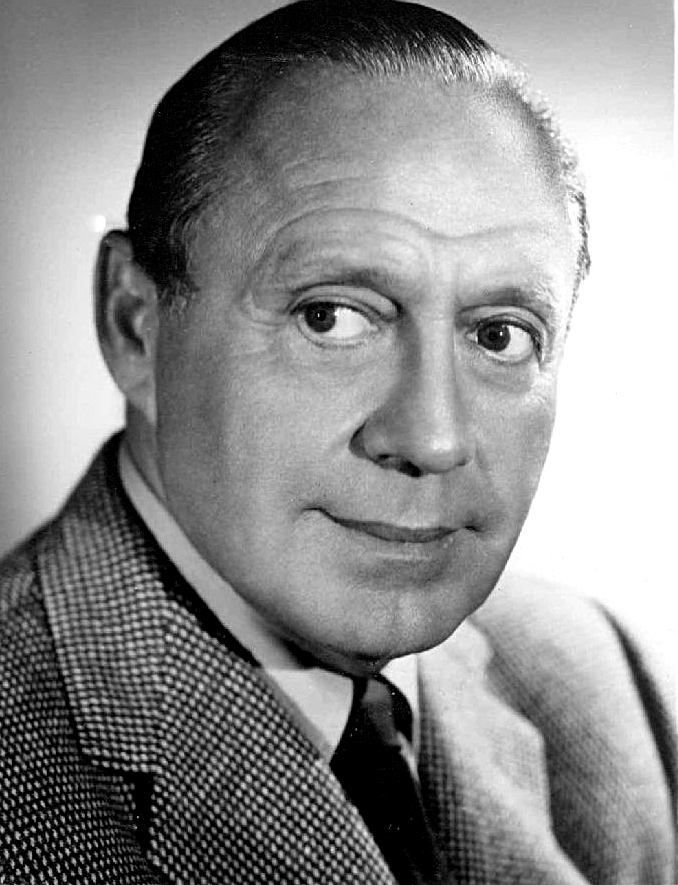 |
Jack Benny (born Benjamin Kubelsky; February 14, 1894 – December 26, 1974) was an American comedian, vaudevillian, radio, television and film actor, and violinist. Recognized as a leading American entertainer of the 20th century, Benny portrayed his character as a miser, playing his violin badly. In character, he would claim to be 39 years of age, regardless of his actual age. Benny was known for comic timing and the ability to cause laughter with a pregnant pause or a single expression, such as his signature exasperated "Well!" His radio and television programs, popular from 1932 until his death in 1974, were a major influence on the sitcom genre. Benny was born in Chicago, Illinois, and grew up in nearby Waukegan, Illinois.[2]:6 He was the son of Meyer Kubelsky and Emma Sachs Kubelsky. His parents were Jewish. Meyer was a saloon owner and later a haberdasher who had emigrated to America from Poland.[3][4][5][6][7] Emma had emigrated from Lithuania. Benny began studying violin, an instrument that became his trademark, at the age of 6, his parents hoping for him to become a professional violinist. He loved the instrument, but hated practice. At 14, Benny was playing in dance bands and his high school orchestra. He was a dreamer and poor at his studies, and was ultimately expelled from high school. He did poorly in business school later and at attempts to join his father's business. In 1911, he began playing the violin in local vaudeville theaters for $7.50 a week.[2]:11 He was joined by Ned Miller, a young composer and singer, on the circuit.[8] That same year, Benny was playing in the same theater as the young Marx Brothers. Minnie, their mother, enjoyed Benny's violin playing and invited him to accompany her boys in their act. Benny's parents refused to let their son go on the road at 17, but it was the beginning of his long friendship with the Marx Brothers, especially Zeppo Marx. In 1921, Benny accompanied Zeppo Marx to a Passover seder in Vancouver at the residence where he met 14-year-old Sadie Marks. Their first meeting did not go well when he tried to leave during Sadie's violin performance.[2]:30–31 They met again in 1926. Jack had not remembered their earlier meeting and instantly fell for her.[2]:31 They married in 1927. She was working in the hosiery section of the Hollywood Boulevard branch of the May Company, where Benny courted her.[2]:32 Called on to fill in for the "dumb girl" part in a Benny routine, Sadie proved to be a natural comedienne. Adopting the stage name Mary Livingstone, Sadie collaborated with Benny throughout most of his career. They later adopted a daughter, Joan. In 1932, after a four-week nightclub run, he was invited onto Ed Sullivan's radio program, uttering his first radio spiel "This is Jack Benny talking. There will be a slight pause while you say, 'Who cares?'..."[2]:40 |
|||
Advertisers
|
||||
Our Miss Brooks
| Our Miss Brooks is an American situation comedy starring Eve Arden as a sardonic high-school English teacher. It began as a radio show broadcast on CBS from 1948 to 1957. Our Miss Brooks was a hit on radio from the outset; within eight months of its launch as a regular series, the show landed several honors, including four for Eve Arden, who won polls in four individual publications of the time. Arden had actually been the third choice to play the title role. Harry Ackerman, at the time CBS's West Coast director of programming, wanted Shirley Booth for the part, but as he told historian Gerald Nachman many years later, he realized Booth was too focused on the underpaid downside of public school teaching at the time to have fun with the role.[2] Lucille Ball was believed to have been the next choice, but she was already committed to My Favorite Husband and did not audition. Then CBS chairman Bill Paley, who was friendly with Arden, persuaded her to audition for the part. With a slightly rewritten audition script—Osgood Conklin, for example, was originally written as a school board president but was now written as the incoming new Madison principal—Arden agreed to give the newly revamped show a try.[3] Constance Brooks is a witty professional woman as the central character of the old time radio show, Audiences can relate to Connie Brooks as a clever, sarcastic, kindhearted teacher. Produced by Larry Berns and written and directed by Al Lewis, Our Miss Brooks premiered on the network on July 19th, 1948. The show was sponsored by Colgate-Palmolive-Peet, promoting Palmolive soap (Palmolive soap, your beauty hope), Lustre Creme shampoo, and Toni hair. The old time radio series continued until 1957, a year after its television life ended. Our Miss Brooks show featured a number of memorable and unique characters, whose trials and tribulations offered zany humor for old time millions of listeners. Critics and fans alike applauded Our Miss Brooks. Radio Mirror magazine nominated Eve Arden as the top-ranking comedienne two years in a row for her portrayal as Miss Brooks. The National Education Association and other teaching organizations awarded Arden for sympathic portrayal of teachers. After the old time radio show Our Miss Brooks ended its run, Eve Arden was offered positions as a High School English teacher at a number of High Schools. Eve Arden won a radio listeners' poll by Radio Mirror magazine as the top-ranking comedienne of 1948–49, receiving her award at the end of an Our Miss Brooks broadcast that March. "I'm certainly going to try in the coming months to merit the honor you've bestowed upon me, because I understand that if I win this two years in a row, I get to keep Mr. Boynton," she joked. But she was also a hit with the critics; a winter 1949 poll of newspaper and magazine radio editors taken by Motion Picture Daily named her the year's best radio comedienne. |
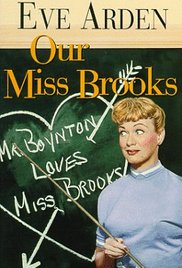 |
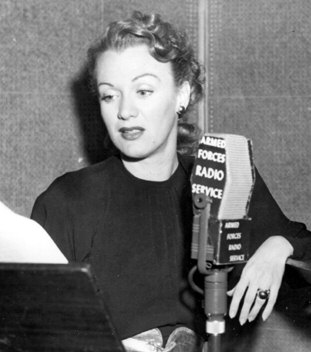 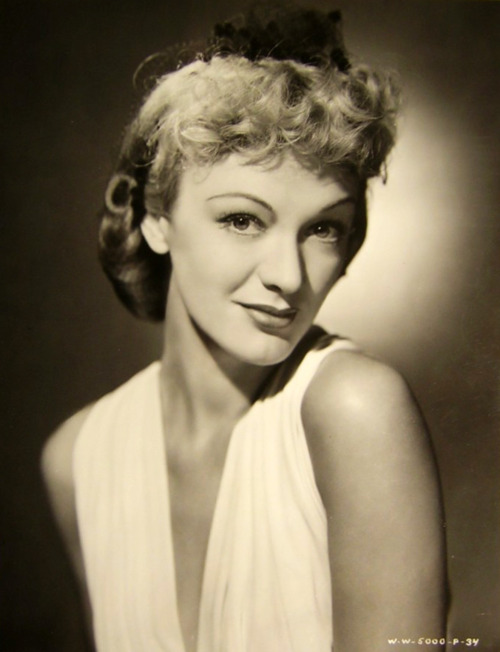 |
Eve Arden (April 30, 1908 – November 12, 1990) was an American film, stage, and television actress, and comedian. She performed in leading and supporting roles over nearly six decades. Beginning her career on Broadway in the early 1930s, Arden's first major role was in the RKO Radio Pictures drama Stage Door (1937) opposite Katharine Hepburn, followed by roles in the comedies Having Wonderful Time (1938) and At the Circus (1939), the latter starring the Marx Brothers. Arden would go on to earn an Academy Award nomination for Best Supporting Actress for her role in Mildred Pierce (1945). In the latter part of her career, she played the sardonic but engaging title character of a high school teacher in Our Miss Brooks, winning the first Primetime Emmy Award for Outstanding Lead Actress in a Drama Series, and as the school principal in the musicals Grease (1978) and Grease 2 (1982). Arden was born Eunice Mary Quedens in Mill Valley, California on April 30, 1908[1][2][3] to Charles Peter Quedens, son of Charles Henry Augustus and Meta L. (née Dierks) Quedens, and Lucille (née Frank) Quedens, daughter of Bernard and Louisa (née Mertens) Frank, both of German descent. Lucille, a milliner, divorced Charles over his gambling, and went into business for herself. Although not Roman Catholic, young Eunice was sent to a Dominican convent school near Modesto, and later attended Tamalpais High School, a public high school in Mill Valley until age 16. After leaving school, she joined a stock theater company.[4] Arden's ability with witty scripts made her a natural talent for radio; she became a regular on Danny Kaye's short-lived but memorably zany comedy-variety show in 1946, which also featured swing bandleader Harry James and gravel-voiced character actor-comedian Lionel Stander.[17] Kaye's show lasted one season, but Arden's display of comic talent and timing set the stage for her to be cast in her best-known role, Madison High School English teacher Connie Brooks in Our Miss Brooks. Arden portrayed the character on radio from 1948 to 1957. Arden's character clashed with the school's principal, Osgood Conklin (played by Gale Gordon), and nursed an unrequited crush on fellow teacher Philip Boynton (played originally by future film star Jeff Chandler. Except for Chandler, the entire radio cast of Arden, Gordon, Richard Crenna (Walter Denton), Robert Rockwell (Mr. Philip Boynton), Gloria McMillan (Harriet Conklin), and Jane Morgan (landlady Margaret Davis) played the same roles on television.[18] Arden's portrayal of the character was so popular that she was made an honorary member of the National Education Association, received a 1952 award from the Teachers College of Connecticut's Alumni Association "for humanizing the American teacher", and even received teaching job offers.[16] Her wisecracking, deadpan attitude as the character ultimately became her public persona as a commedienne as well.[16] |
Advertisers
|
||||
Red Skelton Show
| Avalon Time was an American old-time radio comedy/variety program that ran from 1938-1940 on NBC's Red Network. The program was named after its sponsor, Avalon cigarettes. Over the course of its run, Avalon Time was also sponsored by Sir Walter Raleigh Pipe Tobacco and the Bulova Watch Company. The program is often regarded as comedian Red Skelton's first big break in show business and on radio.[2] On October 1, 1938, Skelton replaced Red Foley as the host of Avalon Time. Skelton's first wife Edna also joined the show's cast, under her maiden name of Stillwell.[7] The Skeltons worked on Avalon Time until late 1939.[8] Red Skelton was the second host of Avalon Time. Skelton became well known for his "Doughnut Dunkers" routine[2] which led to Skelton's first appearance on Rudy Vallée's The Fleischmann's Yeast Hour on August 12, 1937. Vallée's program had a talent show segment and those who were searching for stardom were eager to be heard on it. Vallée also booked veteran comic Joe Cook to appear as a guest with Skelton. The two proceeded to trade jokes about their home towns, with Skelton contending to Cook, an Evansville native, that the city was a suburb of Vincennes, Skelton’s hometown. The show received enough fan mail after the performance to invite both comedians back two weeks after Skelton's initial appearance and again in November of that year. Skelton went on to do his own radio show, The Raleigh Cigarette Program, on October 7, 1941. The bandleader for the show was Ozzie Nelson; his wife, Harriet, who worked under her maiden name of Hilliard, was the show's vocalist and also worked with Skelton in skits.[9] The Raleigh Cigarette Program (alternatively known as The Raleigh Cigarette Program Starring Red Skelton) was an American old-time radio comedy program that starred comedian Red Skelton. The program originally premiered on October 7, 1941, on NBC. The program was a hit in the ratings airing Tuesday nights at 10:30 for its entire three season run. The program was cancelled after Skelton was drafted into World War II. The final broadcast of the show aired on June 6, 1944. |
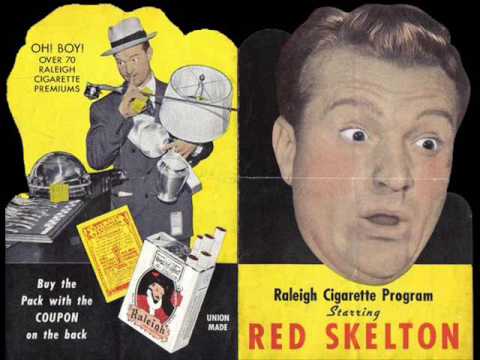 |
 |
Richard "Red" Skelton (July 18, 1913 – September 17, 1997) was an American entertainer. He was best known for his national radio and television acts between 1937 and 1971, and as host of the television program The Red Skelton Show. Skelton began developing his comedic and pantomime skills from the age of 10, when he became part of a traveling medicine show. Performing the "Doughnut Dunkers" routine led to Skelton's first appearance on Rudy Vallée's The Fleischmann's Yeast Hour on August 12, 1937. Vallée's program had a talent show segment and those who were searching for stardom were eager to be heard on it. Vallée also booked veteran comic and fellow Indiana native Joe Cook to appear as a guest with Skelton. The two Hoosiers proceeded to trade jokes about their home towns, with Skelton contending to Cook, an Evansville native, that the city was a suburb of Vincennes. The show received enough fan mail after the performance to invite both comedians back two weeks after Skelton's initial appearance and again in November of that year.[73] On October 1, 1938, Skelton replaced Red Foley as the host of Avalon Time on NBC; Edna also joined the show's cast, under her maiden name.[74][l] She developed a system for working with the show's writers: selecting material from them, adding her own and filing the unused bits and lines for future use; the Skeltons worked on Avalon Time until late 1939.[76][77] Skelton introduced the first two of his many characters during The Raleigh Cigarette Program's first season. The character of Clem Kadiddlehopper was based on a Vincennes neighbor named Carl Hopper, who was hard of hearing.[m] Skelton's voice pattern for Clem was similar to the later cartoon character, Bullwinkle; there was enough similarity to cause Skelton to contemplate filing a lawsuit against Bill Scott, who voiced the cartoon moose.[80] The second character, The Mean Widdle Kid, or "Junior", was a young boy full of mischief, who typically did things he was told not to do. "Junior" would say things like, "If I dood it, I gets a whipping.", followed moments later by the statement, "I dood it!"[80] Skelton performed the character at home with Edna, giving him the nickname "Junior" long before it was heard by a radio audience.[81] While the phrase was Skelton's, the idea of using the character on the radio show was Edna's.[82] Skelton starred in a 1943 movie of the same name, but did not play "Junior" in the film.[83] Skelton served in the United States Army during World War II. After being assigned to the Special Services, Skelton performed as many as ten to twelve shows per day before troops in both the United States and in Europe. The pressure of his workload caused him to suffer exhaustion and a nervous breakdown.[1][38] His nervous collapse while in the army left him with a serious stuttering problem. While recovering at an army hospital in Virginia, he met a soldier who had been severely wounded and was not expected to survive. Skelton devoted a lot of time and effort to trying to make the man laugh. As a result of this effort, his stuttering problem was cured; his army friend's condition also improved and he was no longer on the critical list.[111] He was released from his army duties in September 1945.[38][112] His sponsor was eager to have him back on the air, and Skelton's program began anew on NBC on December 4, 1945.[99][113] Skelton went on to make thousands of public appearances and whatnot until his retirement in 1993. Skelton died September 17, 1997, at the Eisenhower Medical Center in Rancho Mirage, California, at the age of 84 after what was described as "a long, undisclosed illness".[32] |
Advertisers
|
||||
The Great Gildersleeve
| The Great Gildersleeve was a radio situation comedy broadcast in the USA from August 31, 1941,[1] to 1958.[3] Initially written by Leonard Lewis Levinson,[4] it was one of broadcast history's earliest spin-off programs. The series was built around the character Throckmorton P. Gildersleeve, a regular element of the radio situation comedy Fibber McGee and Molly. The character was introduced in the October 3, 1939 episode (number 216) of that series. Actor Harold Peary had played a similarly named character, Dr. Gildersleeve, on earlier episodes. The Great Gildersleeve enjoyed its greatest popularity in the 1940s. In Fibber McGee and Molly, Peary's Gildersleeve had been a pompous windbag and antagonist of Fibber McGee. "You're a haa-aa-aa-aard man, McGee!" became a Gildersleeve catchphrase. The character went by several aliases on Fibber McGee and Molly; his middle name was revealed to be "Philharmonic" in "Fibber Discovers Gildersleeve's Locked Diary" episode #258 on October 22, 1940. "Gildy" grew so popular that Kraft Foods—promoting its Parkay margarine—sponsored a new series featuring Peary's somewhat mellowed and always The Great Gildersleeve premiered on NBC on August 31, 1941. It moves the title character from the McGees' Wistful Vista to Summerfield, where Gildersleeve oversees his late brother-in-law's estate and rears his orphaned niece and nephew, Marjorie and Leroy Forrester. The household also includes a cook named Birdie. While Gildersleeve had occasionally mentioned his (unseen) wife in some Fibber episodes, in his own series he is a confirmed bachelor. At the outset of the series, Gildersleeve administers a girdle manufacturing company ("If you want a better corset, of course, it's a Gildersleeve"); later and during the remainder of the show he serves as Summerfield's water commissioner. befuddled Gildersleeve as the head of his own family. |
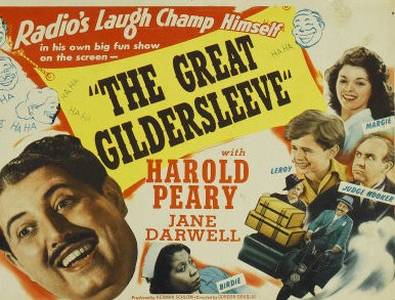 |
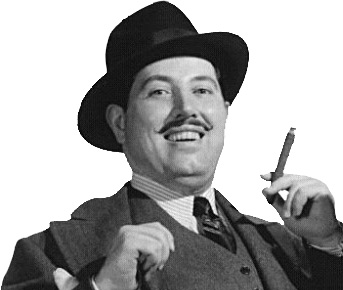 |
Harold (Hal) Peary (July 25, 1908 – March 30, 1985) was an American actor, comedian and singer in radio, films, television, and animation remembered best as Throckmorton P. Gildersleeve, Born as José Pereira de Faria in San Leandro, California, to Portuguese parents,[1] Harold Peary (pronounced "Perry") began working in local radio as early as 1923, according to his own memory, and had his own show as a singer, The Spanish Serenader, in San Francisco, but moved to Chicago, Illinois in 1937. While in San Francisco, he also had "several parts" in Wheatenaville, a program broadcast on NBC's Pacific network beginning September 26, 1932.[2] Peary's Gildersleeve proved popular enough that it was thought to try the character in his own show. Johnson's Wax, which sponsored Fibber McGee & Molly, sponsored an audition recording for The Great Gildersleeve, and the Kraft Cheese Company signed on as the show's regular sponsor. Gildersleeve was transplanted from Wistful Vista to Summerfield with more than just a locale change—now a bachelor (his character had a never-heard wife on Fibber McGee & Molly), and now the water commissioner instead of the owner of the Gildersleeve's Girlish Girdles company. With much of his pomposity and cantankerousness toned down, he was also newly domesticated and appointed guardian of his orphan niece Marjorie and nephew Leroy. Implicitly well-off though by no means wealthy, Gildersleeve was depicted winding up his lingerie-making company and taking up a new life as Summerfield's water commissioner. The Great Gildersleeve premiered August 31, 1941,[3][4] and became a steady hit for the rest of the decade, Peary's sonorous voice and flustered catchphrases ("You're a brii-iii-iight boy, Leroy!" was a modification of his famous McGee catchphrase) among radio's most familiar sounds. Lurene Tuttle played Marjorie; Walter Tetley, a veteran of Fred Allen's Town Hall Tonight cast and other shows, played Leroy; and, Lillian Randolph played Gildersleeve's ego-puncturing maid and housekeeper, Birdie. The show's humor, like that of McGee, was drawn through clever word-play and phrasemaking as well as Gildersleeve's earnest stumbling and basically warmhearted nature. His new nemesis was Judge Horace Hooker (Earle Ross) ("That crook of a Hooker has hooked our cook!"), who oversaw his guardianship of Marjorie and Leroy and became a friend and periodic rival in various schemes. Periodically, storylines were serialized, such as some of Gildersleeve's romantic interests (especially his aborted marriage plans with Leila Ransom) and political aspirations (he once ran for Summerfield mayor); in time, some of the clever word playing was toned down. |
Advertisers
|
||||
Father Knows Best
|
Father Knows Best is an American sitcom starring Robert Young, Jane Wyatt, Elinor Donahue, Billy Gray and Lauren Chapin. The series, which began on radio in 1949, aired as a television show for six seasons and 203 episodes. Created by Ed James, Father Knows Best follows the lives of the Andersons, a middle-class family living in the town of Springfield. The state in which Springfield is located is never specified, but it is generally accepted to be located in the Midwestern United States. The series began on August 25, 1949 on NBC Radio. Set in the Midwest, it starred Robert Young as the General Insurance agent Jim Anderson. His wife Margaret was first portrayed by June Whitley and later by Jean Vander Pyl. The Anderson children were Betty (Rhoda Williams), Bud (Ted Donaldson) and Kathy (Norma Jean Nilsson). Others in the cast were Eleanor Audley, Herb Vigran, and Sam Edwards. Sponsored through most of its run by General Foods, the series was heard Thursday evenings on NBC until March 25, 1954. On the radio program, the character of Jim differs from the later television character. The radio Jim is far more sarcastic and shows he really rules over his family. Jim also calls his children names, something common on radio but lost in the TV series. For example, Jim says, "What a bunch of stupid children I have." Margaret is portrayed as a paragon of solid reason and patience, unless the plot calls for her to act a bit off; for example, in a Halloween episode, Margaret cannot understand how a table floats in the air. But that is a rare exception. Betty, on radio, is portrayed as a status-seeking, boy-crazy teenage girl. To her, every little thing is "the worst thing that could ever happen." Bud, on radio, is portrayed as an "all-American" boy who always seems to need "just a bit more" money, though he receives $1.25 (nearly $14.00 in 2021) per week in allowance. Bud is expected to always answer the phone, which he hates. He is also shown as a somewhat dim boy who takes everything literally; for example, Jim might say, "Go jump in the lake," to which Bud would reply, "Okay, Dad; which lake should I go jump into?" He also uses the phrase "Holy Cow!" to express displeasure. On radio, Kathy often is portrayed as a source of irritation. She whines, cries and complains about her status in the family. She often is a source of money for her brother and sister, although she is in hock several years on her own allowance. In an interview published in the magazine Films of the Golden Age (Fall 2015), Young revealed about the radio program: "I never quite liked it because it had to have laughs.
|
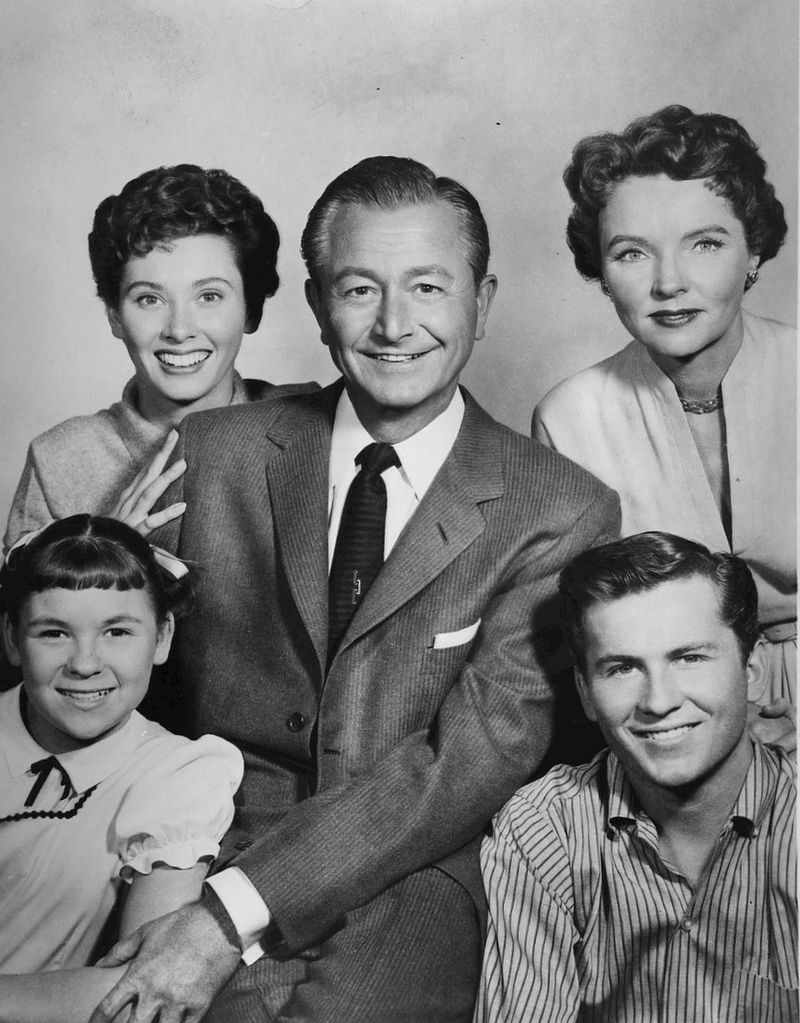 |
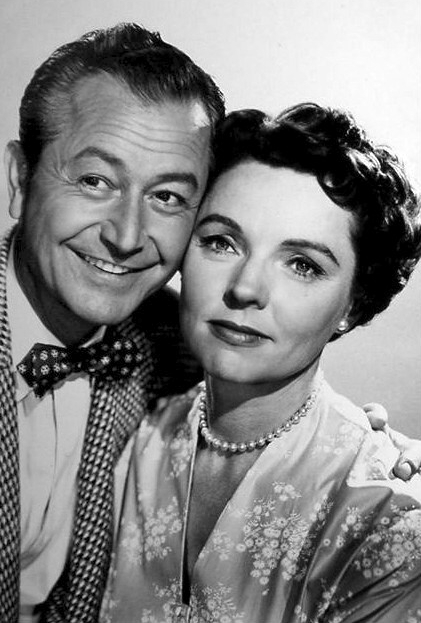  |
Roberg George Young Born in Chicago, Young was the son of an Irish immigrant father, Thomas E. Young, and an American mother, Margaret Fyfe. While Young was a child, the family moved to various locations within the U.S., including Seattle as well as Los Angeles, where Young was a student at Abraham Lincoln High School. After graduation, he studied and performed at the Pasadena Playhouse while working odd jobs and appearing in bit parts in silent films. While touring with a stock company producing "The Ship", Young was discovered by a Metro-Goldwyn-Mayer talent scout who signed the fledgling actor to a contract. Young made his sound-film debut for Fox Film Corporation in the 1931 Charlie Chan film Black Camel, starring Warner Oland.[1] June Whitley (born June Culbertson) is a Canadian actress who has performed on radio, television, and film. Whitley was born June Culbertson in Vancouver. She is the daughter of Mr. and Mrs. F. A. Culbertson. Her early acting experience came in the Vancouver Little Theatre and Theatre Under the Stars.[1] Whitley performed on Canadian Broadcasting Corporation radio programs before leaving in 1947. Her work for CBC included having featured roles on Stage Party and Vancouver Theatre. She moved to Hollywood, where she acted in films and on radio.[2] From 1949 through 1953, she portrayed Margaret Anderson, the wife and mother on the radio version of Father Knows Best.[3] She also appeared on other radio programs, including Suspense and The Mercury Theatre on the Air.[4] Rhoda Elaine[citation needed] Williams (July 19, 1930 – March 8, 2006) was an American actress who voiced Drizella Tremaine in Walt Disney's Cinderella. In 1949, Williams began a five-year stint as Robert Young's oldest daughter, Betty, on NBC Radio's Father Knows Best. With the advent of television, Williams moved into the new medium on such early live shows as Lights, Camera, Action! and Slice of Life and, with the advent of film TV, Date With Judy, Chrysler Theatre, Laredo, The Big Valley, Run for Your Life, Dragnet, Ironside, Project UFO, Marcus Welby, M.D., Policewoman, and Barnaby Jones. She appeared on Superior Court and General Hospital and provided alien voices for Star Trek IV and Star Trek V. Ted Donaldson (born August 20, 1933 in New York City) is an American former child actor. Born in Brooklyn, New York, Donaldson was the son of singer-composer Will Donaldson and Will's wife, Jo. His mother died when he was 4+1⁄2 years old. His stepmother was radio organist and composer Muriel Pollock.[1] He attended the Professional Children's School in New York City.[2] Donaldson began his acting career in December 1937 when he appeared in an NBC radio show.[2] In 1941, he played Tiny Tim in a week-long serialized version of Dickens' A Christmas Carol that was presented on Wheatena Playhouse.[3] From 1949 to 1954, he played Bud, the son of Robert Young's character in the radio version of Father Knows Best.[4] He was offered the same role on the television version of the series, but turned it down, saying, "I didn't want to be typed. I didn't want to be a 21-year-old playing a 15- or 16-year-old kid. I wanted to do other things."[1] As an adult, he called that "one of the two or three most stupid things I have not done because not only would the salary have been very nice for five years, but the residuals would have also."[1] Norma Jean Nilsson (born January 1, 1938) is a former child actress in old-time radio and films.[1] Nilsson is the daughter of Dr. and Mrs. Arthur V. Nilsson. Her father was a professor of anatomy at the Los Angeles College of Chiropractic. She has an older brother, Arthur Jr.[2] She began performing when she was 3 years old and was active during World War II, entertaining troops at Army camps across the United States.[3] Nilsson attended Victory Garden School and Bancroft Junior High School.[4] Newspaper columnist Louella Parsons wrote in 1946 that Nilsson had an IQ of 162.[5] When Nilsson was 4 years old, she won a talent contest on Tune-Out Time on KECA. At 5, she made her "first big-time radio appearance", portraying a dying girl on Free World Theatre. At 8, her picture was featured on the cover of the July 21, 1946, issue of Radio Life magazine.[6] In 1947, she was the highest-paid child actress in radio.[2] An article published in Radio and Television Mirror in 1951 reported that she was "a charter member of the Five Hundred Club, an organization of children who have appeared on five hundred or more radio broadcasts."[3] Nilsson played Cookie (the Bumsteads' daughter) in the radio version of Blondie,[7] Kathy (the Andersons' younger daughter) on the radio version of Father Knows Best[7]: 115 , Glory Mae (the "little girl who lives next door") on The Jack Carson Show.,[6] and as the lead actress Lois to Raymond Burr's antagonist in the "Murder on Mike" (1957) episode of Suspense. She was also heard on Luke Slaughter of Tombstone,[8] Cavalcade of America[9] and the radio version of Have Gun, Will Travel.[10]
|
Advertisers
|
||||







